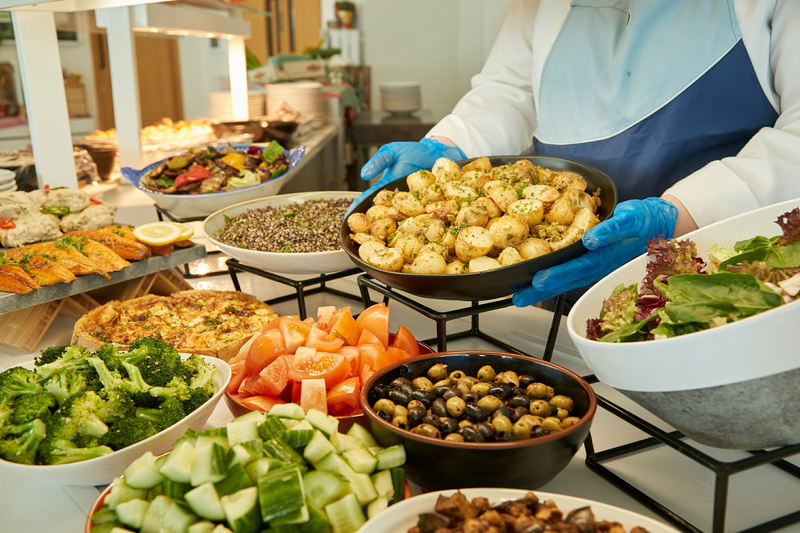UK BLOG - FOUR MINUTE READ
Food for all: ISS drive the conversation on food waste

Talking about big ideas
Ted Talks are known talks from inspirational global speakers covering a huge range of topics. Ted Talks have now developed a concept called TED Circles to widen the conversations.
Ted Circles - countdown to COP 26
The global scandal of food waste

Challenging consumer expectations
The debate kicked off with discussions on the public’s expectation of food availability; with supermarket shelves emptied due to COVID-19 causing people to really think about the value of food.
However, the point was raised of how quickly we have shifted back to old behaviours and expectations that a variety of food should be readily available throughout the seasons and whether our habits are too ingrained to make a change?